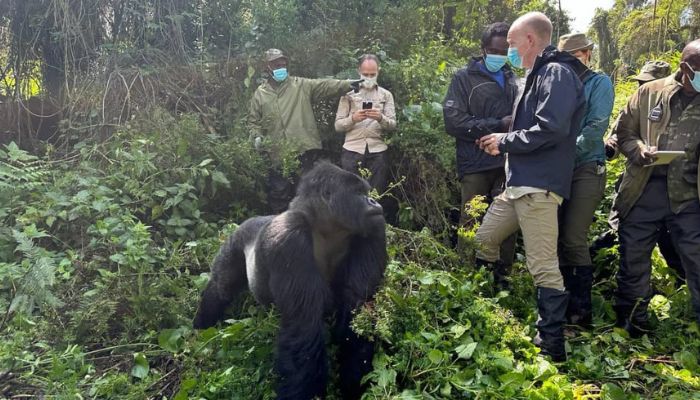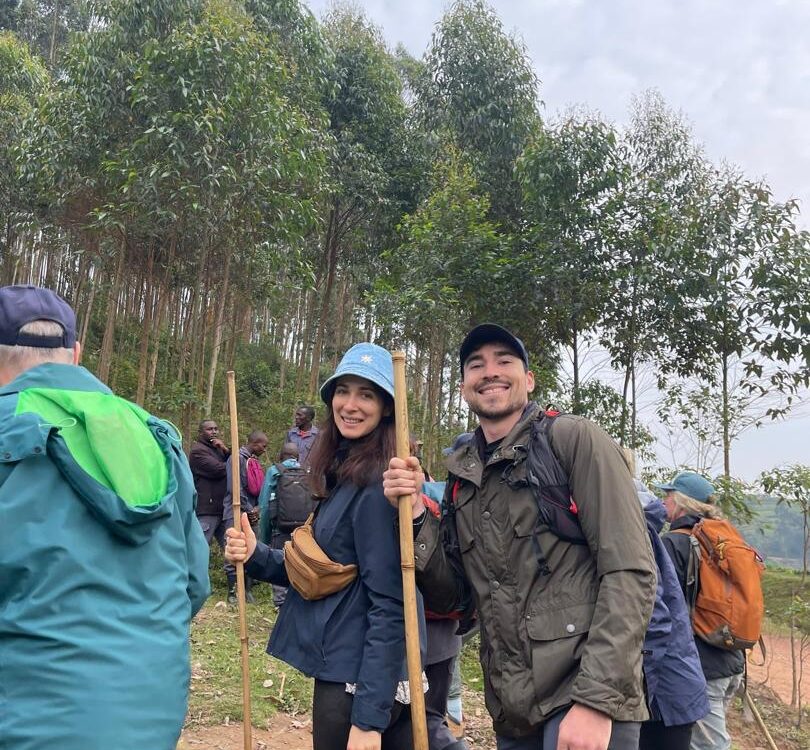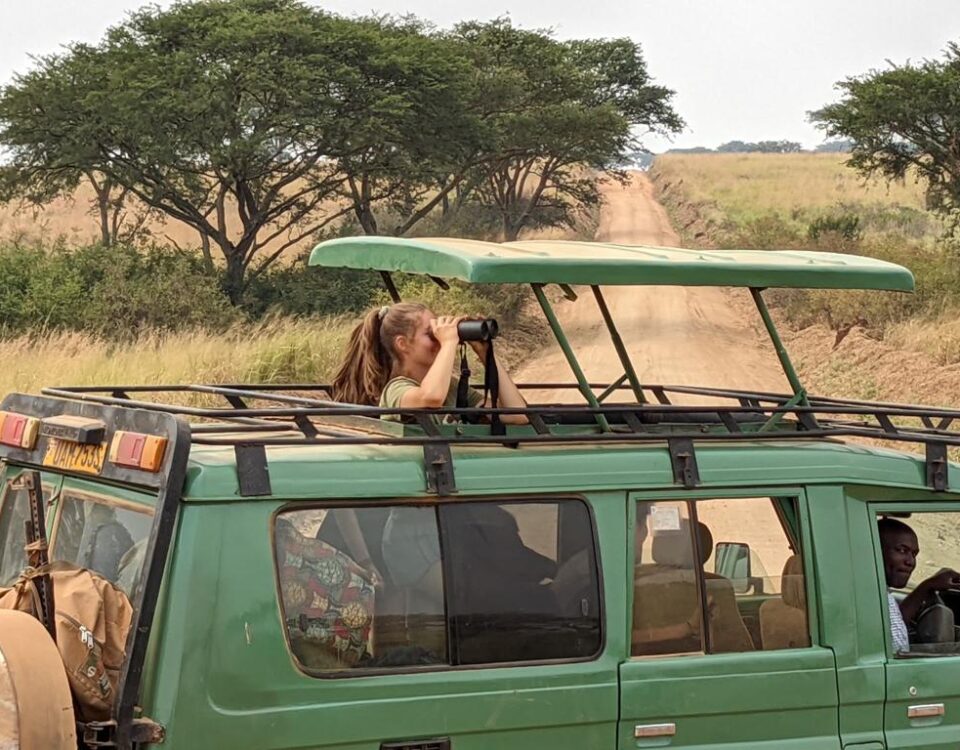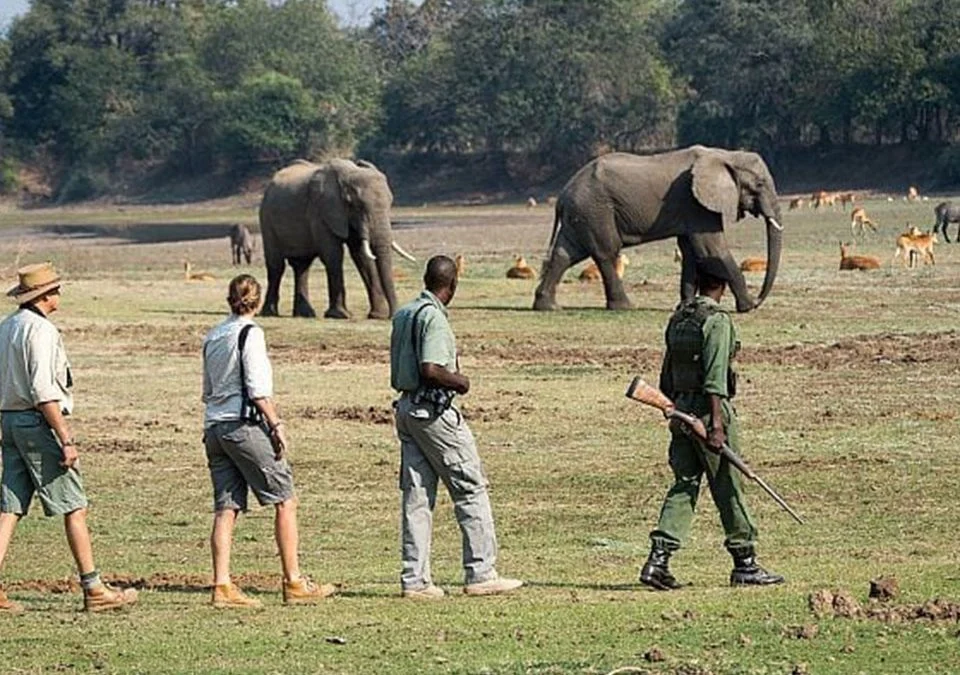
Are There Dangerous Animals in the Volcanoes National Park?
May 17, 2025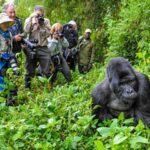
Are There Photography Tours Available in Rwanda?
May 17, 2025Should I Take Malaria Medication?
Embarking on a wildlife safari in Africa is an unforgettable experience filled with thrilling moments, such as gorilla trekking in Rwanda, chimpanzee tracking in Uganda, and exploring the vast savannahs of East Africa. However, one question that often arises when planning your Uganda safari or Rwanda tour is: Should I take malaria medication? This is a vital consideration for any traveler heading to malaria-endemic regions, especially those venturing deep into national parks like Bwindi Impenetrable Forest, Volcanoes National Park, or Queen Elizabeth National Park.
Malaria is a mosquito-borne disease caused by parasites that can lead to severe illness or even be fatal if not treated promptly. While cases are preventable and manageable with proper precautions, including prophylactic medication, travelers are strongly advised to consult with their health professionals before departure. At Tubale Safaris, your health and safety are our priority as we plan your gorilla trekking safari, gorilla habituation experience, or wildlife safari across Uganda and Rwanda. In this guide, we provide insights into why taking malaria medication is essential, how it integrates into your safari planning, and how you can combine unforgettable experiences like Uganda gorilla trekking with peace of mind and wellness.
Uganda Gorilla Trekking Safari Packages and Tours
- 3 Days Gorilla Habituation Safari
- 3 Days Gorilla Trekking Tour
- 3 Days Uganda Fly to Bwindi
- 5 Days Wildlife & Gorilla Safari
- 7 Days Uganda Gorilla Safari
- 8-Day Gorilla & Wildlife Tour
- 9 Days Best of Uganda Safari
- 5 Days Gorilla & Rafting Safari Uganda
- 6 Days Primates Safari Tour
- 10 Days Birding Tour Uganda
- 10 Days Uganda Wildlife Tour
- 12 Days Uganda Wildlife Tour
- 13 Days Pearl of Africa Tour
- 15 Days Uganda Safari
- 18 Days Uganda Safari
- 21 Days Birding Uganda Safari
- 24 Days Best of Uganda Tour
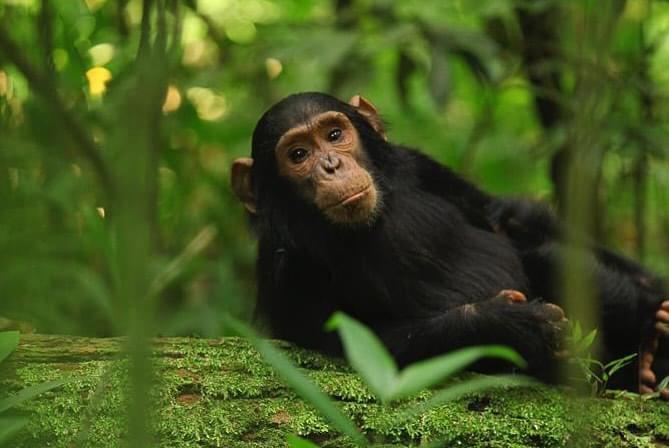
Should I Take Malaria Medication?
Why Malaria Prevention Is Crucial for Gorilla Trekking Safaris
Understanding the Malaria Risk in East Africa
East Africa, home to world-renowned gorilla habitats and safari destinations, lies within regions that have a high prevalence of malaria. Whether you are exploring the rainforests of Bwindi during your Uganda Gorilla Trekking adventure or hiking the misty volcanoes of Rwanda, you’re often in areas where mosquitoes thrive, particularly during the rainy seasons. Therefore, asking “Should I take malaria medication?” is not only wise but could be life-saving.
For travelers engaging in gorilla trekking safaris, gorilla tours, or chimpanzee tracking expeditions, exposure to malaria-carrying mosquitoes is a real concern, especially in lower-altitude regions or forest edges. Although higher elevations, like those in Volcanoes National Park and Bwindi Impenetrable National Park, have a relatively lower risk of malaria, you will likely transit through areas with higher malaria exposure, such as Entebbe, Kampala, Kigali, and other savannah parks included in your Uganda safari or Rwanda safari.
Preventive malaria medication, also known as prophylaxis, is strongly recommended. Commonly prescribed options include Malarone (atovaquone/proguanil), Doxycycline, and Lariam (mefloquine). These should be taken as directed before, during, and after your trip. While insect repellent, long-sleeved clothing, and sleeping under treated mosquito nets are crucial physical measures, medication adds an extra layer of protection that is hard to substitute. At Tubale Safaris, we highly advise you to integrate malaria prevention into your gorilla trekking Rwanda itinerary for a safer, worry-free experience.
How Malaria Prevention Enhances Your Uganda and Rwanda Safari
Creating Peace of Mind on Your Gorilla Trekking Safari
Taking malaria medication before embarking on your wildlife safari gives you the confidence to fully immerse yourself in the experience. Imagine standing just meters away from a silverback gorilla in Bwindi Forest or watching playful chimpanzees swing through the trees in Kibale – these are once-in-a-lifetime moments that shouldn’t be overshadowed by health concerns. By answering the question “Should I take malaria medication?” with a proactive “Yes,” you secure the opportunity to enjoy your journey without unnecessary worry.
Whether you’re planning an intense gorilla habituation experience, a cultural tour through Batwa communities, or combining both Uganda and Rwanda in one incredible gorilla trekking safari, malaria prevention is an important part of responsible travel. Uganda’s national parks, such as Murchison Falls, Queen Elizabeth, and Lake Mburo, are not only known for their incredible wildlife but also lie in regions with higher malaria transmission risks. Even your arrival cities – Entebbe, Kampala, or Kigali – can be hotspots for mosquitoes.
Combining Uganda gorilla trekking with other safari experiences increases your geographical exposure, and thus, taking malaria prophylaxis is not only recommended, it’s essential. Cultural interactions, such as visiting local tribes, participating in traditional dance, or exploring historical sites, often involve visiting rural areas where healthcare access is limited. Malaria prevention ensures that you enjoy these enriching encounters safely. At Tubale Safaris, we help integrate health safety with itinerary customization, so your adventure is both inspiring and secure.
Cultural Integration and Health Awareness on Gorilla Tours
Enjoy Cultural Encounters with Health Confidence
As you embark on a Rwanda tour or Uganda safari, cultural engagement is an invaluable aspect of the journey. Experiences such as visiting the Batwa pygmies in Bwindi, the Iby’Iwacu Cultural Village near Volcanoes National Park, or attending local food markets in Kigali immerse travelers in East African traditions. These interactions enrich your gorilla trekking safari and allow for a deeper connection with the local communities. However, these often take place in areas that may have limited medical facilities, underscoring the importance of proactive malaria prevention.
When contemplating “Should I take malaria medication?”, consider how much ground you’ll cover on your trip. A well-planned itinerary by Tubale Safaris typically involves multiple transfers between parks, cultural villages, and rural lodges – and while these transitions bring adventure, they also expose you to various environments with different malaria risks.
For example, a combined Uganda gorilla trekking and chimpanzee tracking safari often includes stops in Kibale Forest, Queen Elizabeth National Park, and Lake Bunyonyi. Adding Rwanda’s Volcanoes National Park for gorilla trekking Rwanda completes a grand circuit but also increases your exposure. Ensuring that you’re covered by malaria prophylaxis allows you to engage freely with locals, enjoy evening campfires at your lodge, and participate in community walks without constant worry about mosquito bites.
With Tubale Safaris, your gorilla tours are designed to be comprehensive in both experience and safety, giving you the freedom to embrace the region’s rich cultural diversity while maintaining your health.
Combining Uganda Gorilla Trekking with Other Safari Activities
Crafting a Well-Rounded and Safe Safari Journey
One of the most exciting options for safari enthusiasts is the possibility of combining Uganda Gorilla Trekking with other unforgettable wildlife experiences across East Africa. For example, a traveler can begin with a gorilla trekking safari in Bwindi, followed by game drives in Queen Elizabeth National Park, and wrap up with chimpanzee tracking in Kibale Forest. Others may prefer to begin in Rwanda with gorilla trekking Rwanda, and then cross into Uganda for extended wildlife safari adventures.
Each of these unique itineraries crafted by Tubale Safaris opens doors to some of Africa’s most iconic experiences – but also travels through various altitudes, climates, and malaria-prone areas. By choosing to take malaria medication, you remove one of the key health concerns that could potentially interfere with your journey. Whether you’re navigating tropical forests, traversing swampy lowlands, or exploring savannah grasslands, having reliable malaria protection allows you to focus entirely on the majestic landscapes, endangered primates, and cultural beauty around you.
Additionally, combining your safari with activities like birdwatching, boat cruises along the Kazinga Channel, or guided nature walks gives you a broader scope of East Africa’s biodiversity. These outdoor experiences further expose you to environments where mosquitoes may be present, making your earlier question – “Should I take malaria medication?” – even more critical. Our goal at Tubale Safaris is to ensure you experience the magic of East Africa fully, and that includes preparing you for the realities of travel through malaria-endemic regions.
Final Thoughts – Should I Take Malaria Medication?
Yes, and Here’s Why It’s Essential for Your Safari
So, should I take malaria medication? Absolutely – especially if you are embarking on a gorilla trekking safari, gorilla tours, or any extended Uganda safari or Rwanda safari. Taking malaria prophylaxis is a key component of responsible and safe travel, particularly when your journey includes visits to rural regions, national parks, and tropical forests that are endemic to malaria-carrying mosquitoes.
At Tubale Safaris, we are committed to providing not only exceptional wildlife and cultural experiences but also to prioritizing your health and wellbeing. From gorilla habituation experiences in Uganda’s Bwindi Impenetrable Forest to chimpanzee tracking in Kibale and gorilla trekking Rwanda in Volcanoes National Park, our itineraries are crafted with care and safety in mind. By taking malaria medication, using insect repellents, sleeping under treated mosquito nets, and dressing appropriately, you drastically reduce your risk and ensure an unforgettable, uninterrupted adventure.
Don’t let a preventable illness disrupt your dream of coming face-to-face with mountain gorillas, experiencing the wild roar of African lions on a game drive, or dancing with local communities around a crackling fire. Include malaria medication in your safari checklist – because every moment in East Africa is too precious to miss.

